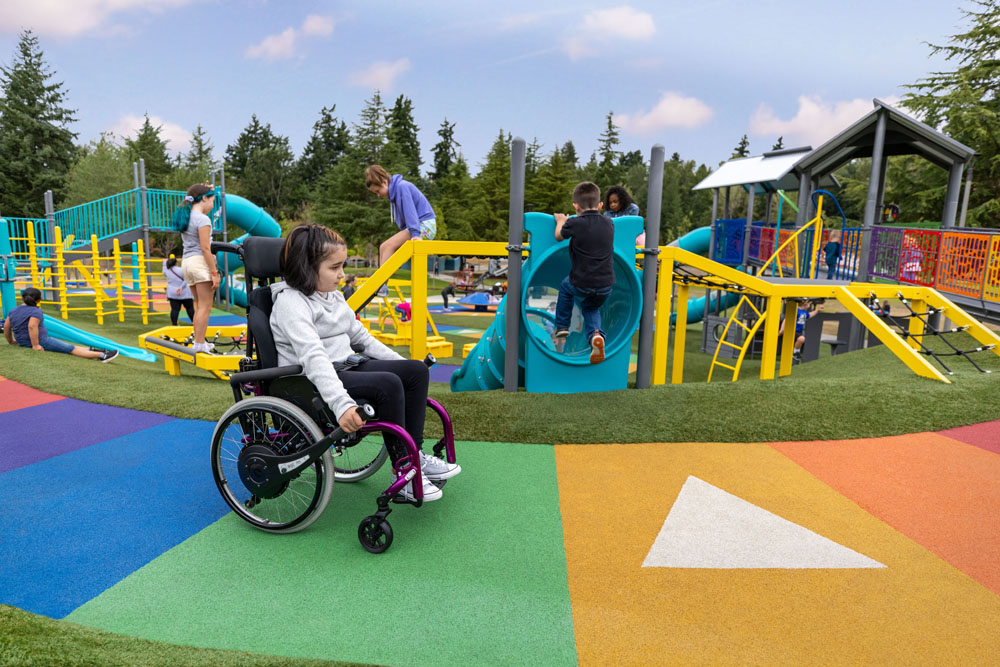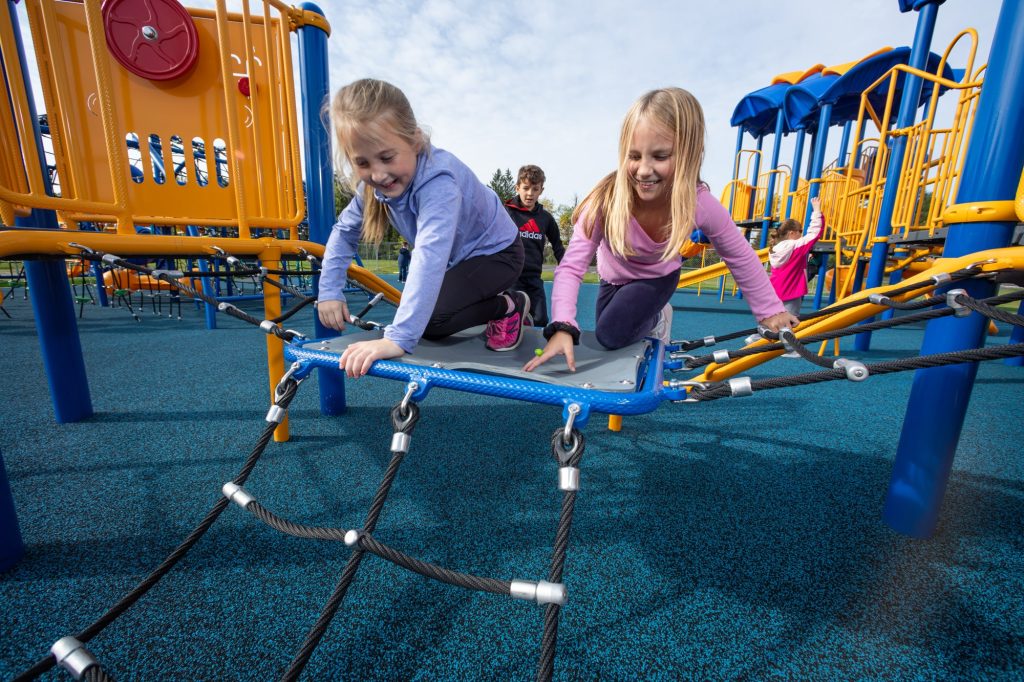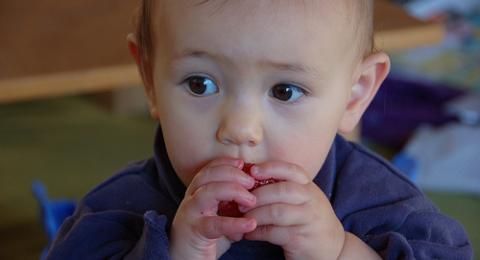Last year, my twelve year old son went through a tough time at school. It happened in grade six, his final year at the tiny local primary he’d attended ever since he started prep… attended, that is, until we pulled him out in grade five, when our family decided to spend a year living in the north of Australia. Up until this time Declan had loved school, and was close to pretty much all the nine other boys in his year level, with whom he’d always shared a class. They’d grown up together, essentially, and were interested in the same things: football and frogs and their bikes and Lego. They were mates for life, I’d thought, people he’d always be able to count on. When we left everything was perfect, but when we returned everything had changed.
It was no-one’s fault, as such. People do change, especially children on the cusp of puberty, and a year can be a long time to be out of the loop. Declan adored the top end and came home raving about surfing, geckos, Aboriginal art and bush tucker. Meanwhile his peers had moved onto music, fashion, Facebook and girls. In his first term back he was still on such a high that I doubt he noticed, but then his two closest friends started ignoring him and his world collapsed.
The effect on him was pronounced. Dec went from being a cheerful and laid-back soul to someone I didn’t recognise: tense, angry, and often in tears. Suddenly, he told me, he had no friends anymore, was ostracised at school, spent his lunch times alone. I spoke to his teachers, who tried hard but couldn’t alter anything; at home we worked on strategies and discussed the situation endlessly, but to no avail. I confided in a friend, close to tears myself, and she sighed and said “You’re only ever as happy as your unhappiest child.” She was right, but it wasn’t only me, it was the whole family. My husband would ring me every day around four to enquire tensely how our son’s day had gone; my daughter grew clingy and asked me anxiously every morning “Will Dec be okay at school today?” Dec suffered, but so did we all, his sorrow clouding our lives like ink spreading through a glass of water.
After the first month or so my husband decided that there was nothing to be done: that Dec would have to take it on the chin and tough it out until the end of the year, when he was due to move to a separate high school. I was horrified by the idea, and argued instead for a variety of intercessions: appointments with the school counsellor, discussion with the parents of the other boys, active intervention by Dec’s teachers to soothe things in the classroom. Some of these were tried, others were not, but it became clear that there was no magic bullet. If Declan hadn’t been in the last half of his last year at primary school I would have moved him, but as it was my husband was right. All we could do was sit it out.
I’m relieved to report that exactly one year later, all is well. Nothing improved in grade 6, and Dec was miserable right up to the last bell. He does, however, have a lovely new group of friends at secondary school; is happy, settled and confident. For the first few terms I’d feel sick with nerves whenever I heard him come home at the end of the day, anxious in case things hadn’t gone well, but I’m finally beginning to relax again, to trust that they have.
The experience has taught has both a lot. Dec has learned that the world can be a tough place – a hard but inevitable, and hopefully valuable, lesson. I’ve learnt that try as she might, there are some things that Mummy can’t kiss better. Even now, I hate acknowledging that, hate thinking ahead to having to watch my son or daughter deal with their first bad break up or job loss – and those are the best-case scenarios, really, in everything that can happen along the path to adulthood.
I’ve learned greater empathy, I hope, for my own parents and all I and my siblings have put them through; I’ve learned that that hoary old chestnut about just wanting your child to be happy is stomach-achingly true. Academic success, sporting achievement, the acclaim of peers – I’ve wished all those for my kids, but I know now that none of them matter a jot unless you also see them smile.
Most of all, I’ve learned that once you have children your heart is never again your own – that it contracts at their pain and bleeds from their hurts; that it will kill you softly from their own wounds.






Leave a Reply